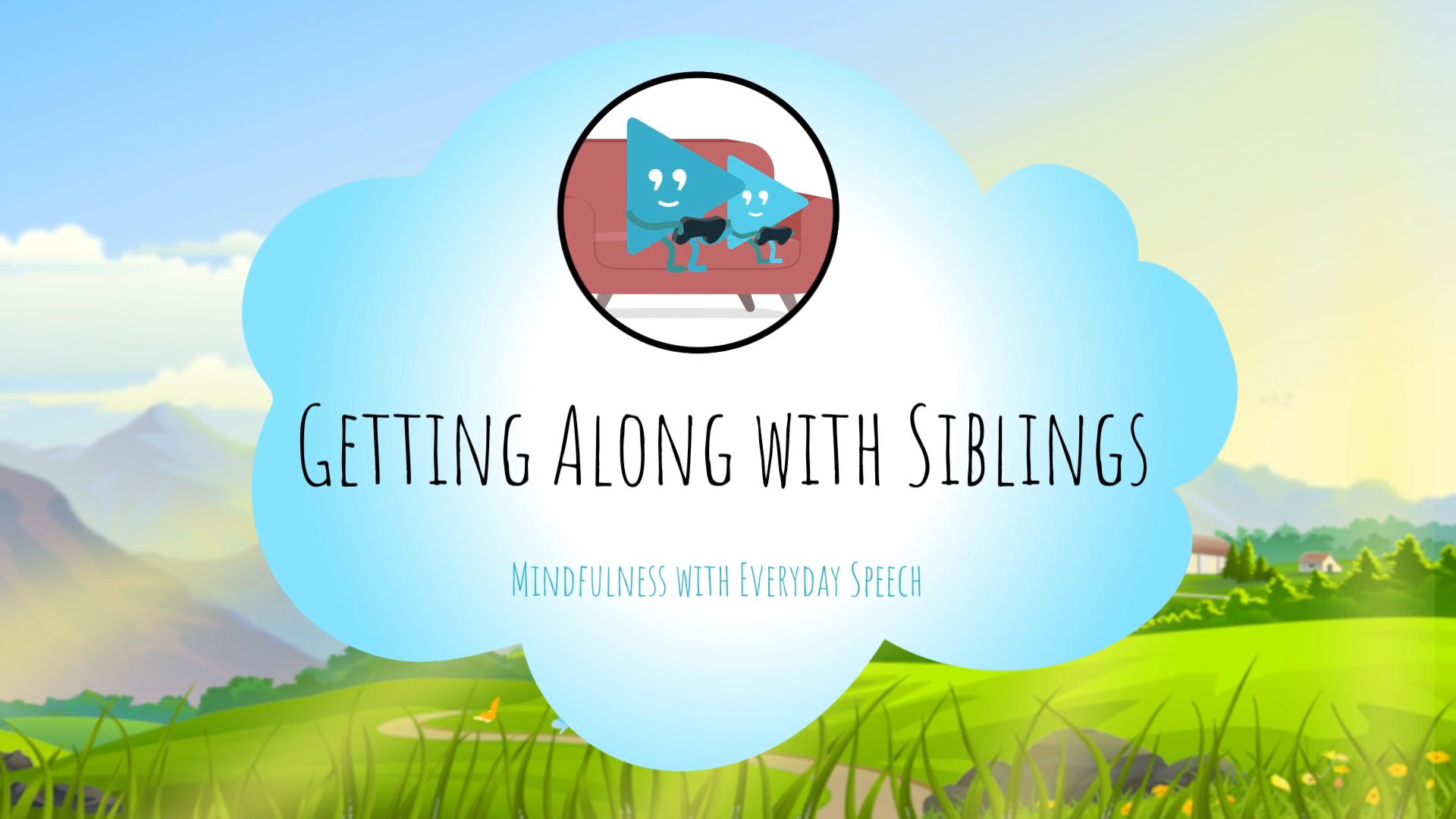
Introduction
Getting along with siblings can be a challenge for elementary students. They often compete for the same things, get each other in trouble, bother one another, or treat each other unfairly. However, there are countless benefits to having siblings, such as having a playmate, confidante, and lifelong support system. In this blog post, we’ll explore a no-prep activity for educators to help students navigate sibling relationships, discuss related skills, and provide resources for further exploration.
No-Prep Activity: Sibling Role-Playing
This activity requires no preparation or materials and helps students practice problem-solving and communication skills in sibling conflicts. Have students pair up and assign each student a role: one as the older sibling and one as the younger sibling. Present a common sibling conflict scenario, such as arguing over a toy or who gets to choose the TV show. The students must act out the scenario and work together to find a compromise or solution using the skills mentioned below:
- Identifying the type of problem (either one that requires both to change or one that requires only one person to change)
- Practicing compromise by offering a deal where each person gets half of what they want
- Using “I feel” statements to express feelings and ask for better treatment, if necessary
After the role-playing, have students switch roles and try a different scenario. This activity helps students build empathy and develop problem-solving skills in sibling relationships.
Discussion Questions
- Why is it important to learn how to get along with siblings, even when it’s difficult?
- What are some strategies you can use to compromise with your sibling when you both want the same thing?
- How can using “I feel” statements help you communicate your feelings without blaming your sibling?
- Can you think of a time when you successfully resolved a conflict with a sibling? What did you do?
- How can practicing these skills help you in other relationships, such as with friends or classmates?
Related Skills
While learning to get along with siblings, students also develop other valuable social and emotional skills. Some related skills include:
- Empathy: Understanding and sharing the feelings of others, including siblings
- Active listening: Paying attention to what others are saying and responding thoughtfully
- Assertiveness: Standing up for oneself in a respectful and confident manner
- Conflict resolution: Identifying and resolving disagreements through effective communication
Next Steps
If you found this blog post helpful and would like to explore more activities and resources related to social-emotional learning, we invite you to sign up for free sample materials at Everyday Speech. You’ll find a variety of engaging activities and resources designed to help your students develop essential life skills and build healthy relationships.

